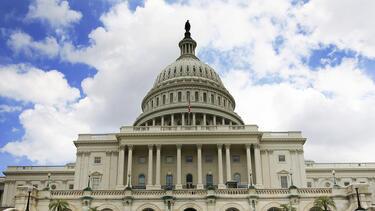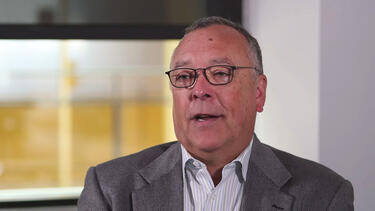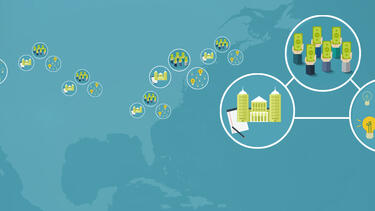Faculty Viewpoints
How Should We Decide?
HEC Paris's Itzhak Gilboa on decision science, which draws on both mathematical models and human intuition to create formal frameworks for making effective decisions.

Is Your Organization Like Mrs. Winchester’s House?
Sarah Winchester's sprawling mansion, built over decades with no master plan, is an great analogy for how many organizations have been constructed.

To Thrive, Green Bonds Need Standards for Environmental Impact
With sales of green bonds slowing, Yale SOM’s Todd Cort and co-author Cary Krosinsky write that the industry needs standardized methods for assessing the environmental impact of a project.

Time to End Confrontations Over Federal Borrowing Limits
In a Foreign Policy op-ed, Yale SOM Dean Emeritus Jeffrey Garten writes that the recurrent threats to force a U.S. debt default could end in catastrophe, and it’s time for Congress to end them permanently.

The Nobel Prize in Economics and the Dangers of Foreign Aid
Professor A. Mushfiq Mobarak argues that claims about the impact of foreign aid should be tested with careful empirical study.

Where Did Madoff's Money Go?
Yale SOM’s Rick Antle on the complexities of making restitution in the wake of a Ponzi scheme.

Where Is the Money in Venture Capital?
Yale SOM's Olav Sorenson explains why the geography of VC is changing.

How DuPont's Directors Failed
CEO Ellen Kullman's departure is one of many examples of dysfunctional corporate boards making rash decisions.
What’s Your Mission?
Yale SOM’s James Baron on the ingredients for an effective mission statement.

How Will the Trans-Pacific Partnership Affect Global Business?
Global Network Perspectives asked experts across the Global Network for Advanced Management how the trade deal would impact their countries.
